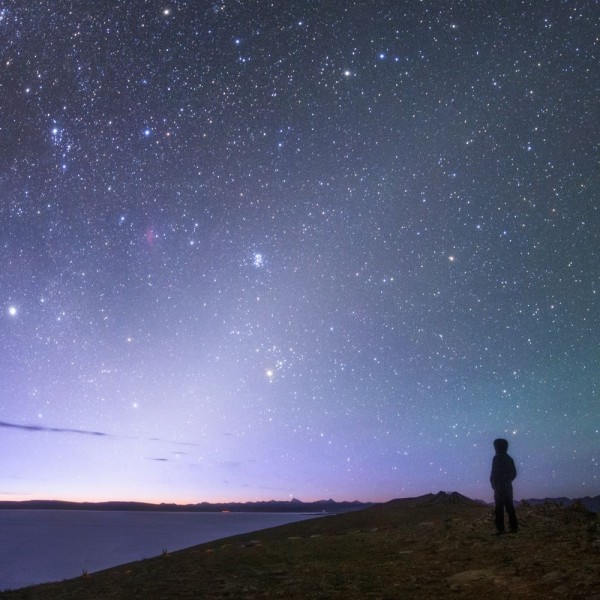 From Denyse O’Leary at Evolution News & Views:
From Denyse O’Leary at Evolution News & Views:
Naturalists (who say nature is all there is) have recently sought to jimmy the rules around evidence to accommodate their strong belief that a multiverse really exists. Astrophysicist Ethan Siegel offers a glimpse of the future they propose, in a piece at Forbes titled “The multiverse is inevitable and we’re living in it”:
“What is the Multiverse, then? It may go well beyond physics, and be the first physically motivated “metaphysics” we’ve ever encountered. For the first time, we’re understanding the limits of what our Universe can teach us. There is information we need, but that we’ll never obtain, in order to elevate this into the realm of testable science. Until then, we can predict, but neither verify nor refute, the fact that our Universe is just one small part of a far grander realm: the Multiverse.”
If Siegel’s multiverse is not testable, it is not falsifiable either. Nonetheless, our acceptance is demanded (“inevitable”). And nature is, as always, silent.
Yes, science is on the move. It is slowly morphing from observing nature to embodying naturalism. Naturalism has become science’s narrative. A demand for evidence can be read as “anti-science,” as bias against the narrators.
…
Is the triumph of post-modern naturalism inevitable? We are told that few philosophers today would wish to be considered non-naturalists. That’s true, but it is not the whole truth. For example, even though Darwinism is naturalism’s biology, growing numbers of biologists today can safely be known as non-Darwinists — a development that was not expected two decades ago. So if we think the direction is reversible in principle, we might begin by assembling reasons for doubt, perhaps starting with questions. Three come to mind: More.
See also: Post-modern science: The illusion of consciousness sees through itself